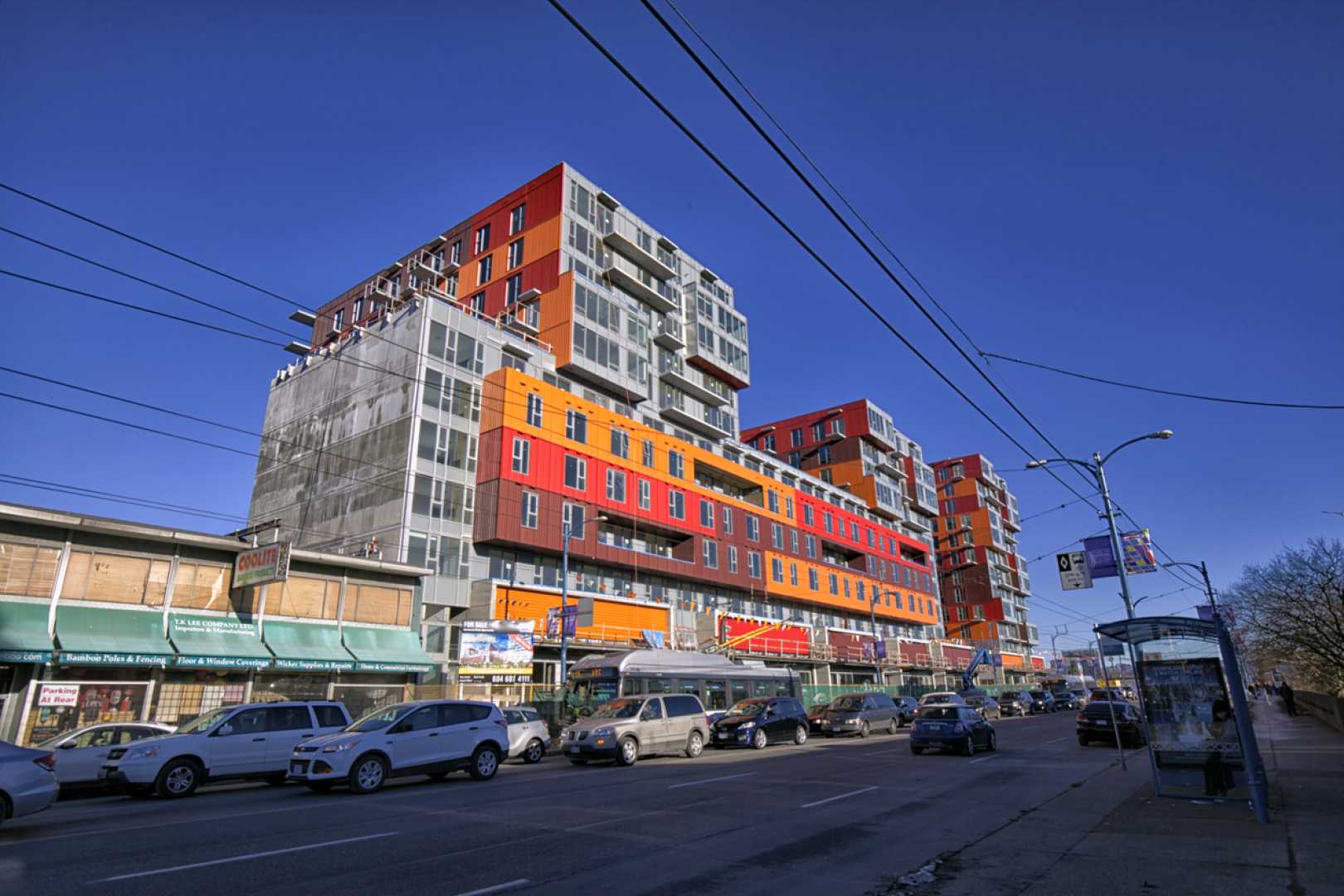World
Edmonton’s Drug Crisis Sparks Response After Comments from Trump Adviser

EDMONTON, Alberta — In the wake of U.S. President Donald Trump‘s economic adviser’s recent comments, local officials in Edmonton are addressing the city’s ongoing drug crisis. Kevin Hassett, director of the National Economic Council, stated during a CNBC interview that Edmonton exemplifies the drug issues prompting significant tariffs on Canadian goods.
During the segment, Hassett claimed that Canada had ‘misunderstood’ Trump’s executive tariff order, characterizing it not as a trade dispute but rather as a ‘drug war.’ He elaborated that Canada’s struggle with drug-related incidents, including a personal observation of a fentanyl overdose during his visit, warranted U.S. governmental action.
Hassett specifically highlighted his experiences in downtown Edmonton, saying, ‘I saw an ambulance responding to someone overdosing on fentanyl outside my hotel, as well as people who got into a fight with cops over drugs.’ He underscored that such occurrences illustrate a larger problem, stating, ‘Canada has a drug crisis, and it’s spilling into the U.S. It needs to stop.’
Attempts to quantify illicit drug movements across the border reveal a stark contrast with Hassett’s assertions. According to U.S. Customs and Border Protection data, only 19.5 kilograms of fentanyl were seized at the northern border in 2024, compared to 9,570 kilograms in the southern border.
Local officials have reacted to Hassett’s comments, expressing concern over how his statements portray Edmonton. Tim Cartmell, a city councillor and mayoral candidate, remarked, ‘It’s alarming when somebody in the United States goes on a national network and uses Edmonton as the example of disorder and the scourge of fentanyl use in Canada.’
Mayor Amarjeet Sohi acknowledged the drug poisoning crisis affecting the city. He noted that the problem is exacerbated by Edmonton’s service hub role in the region, which includes a high concentration of correctional facilities. In 2024, Edmonton recorded 441 deaths due to opioid poisoning from January to October, underscoring the critical state of the crisis.
Sohi stated, ‘No matter where they happen, overdose deaths are avoidable,’ adding that both provincial and federal governments need to enhance their responses to the epidemic. He attributed part of the crisis to insufficient investment by both levels of government in addressing drug availability and prevention efforts.
In contrast, Alberta’s Minister for Seniors, Community and Social Services, Jason Nixon, emphasized the government’s commitment to addressing homelessness and addiction. ‘We’ve put significant resources into tackling these issues in Edmonton,’ he said. Nixon pointed to collaborative efforts with the Edmonton Police Service to dismantle encampments and to enhance shelter capacities as proactive measures.
The debate surrounding the drug crisis in Edmonton highlights ongoing concerns about public health and safety as officials seek to address deficiencies in the existing framework surrounding addiction and support services.












